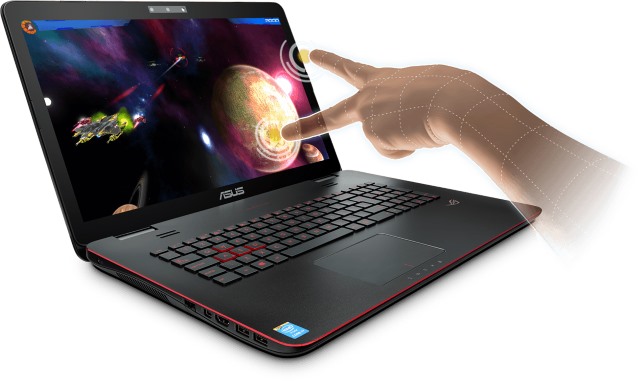Intel's RealSense 3D camera could be in your next smartphone

Intel has managed to shrink its depth-sensitive RealSense 3D Camera to the extent that it could be used in the next generation of cell phones. This is about more than just 3D photography, this is about taking photographs and changing the focus afterwards, as well as bringing Kinect-like gesture support to mobile devices.
Talking at an event in Shenzhen, China, Intel CEO Brian Krzanich demonstrated a much smaller version of its existing technology. So far we have only seen the RealSense 3D camera in laptops such as the Acer Aspire V 17 Nitro, but the miniaturization means that it could be a feature of your next phone or tablet.
Intel has teamed up with an unnamed Chinese company to create the smaller version of the camera, but it is not yet known when it will come to the market. As well as the photographic and gesture control possibilities, the mobile version of the RealSense 3D camera opens up other opportunities currently only found on certain laptops -- touchless interfaces, 3D scanning, and much more. One use Intel highlights is taking photos of a room and converting this into a three dimensional plan that can be used in a CAD or home décor application.
Talking about the device that was shown off, an Intel spokesperson said:
The device which was shown on stage at the Intel Developer Forum was a prototype [...]The device is meant to show the different types of apps, usage models and form factors that RealSense tech can be integrated into and to encourage innovation.
In many ways the idea is similar to those found in Amazon's Fire Phone, although the technology is rather different. While Amazon relies on the presence of multiple cameras, Intel's solution makes use of a single sensor.
Photo credit: Intel
